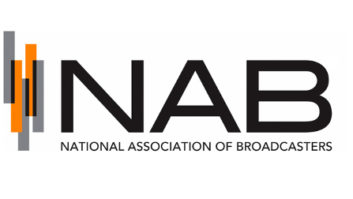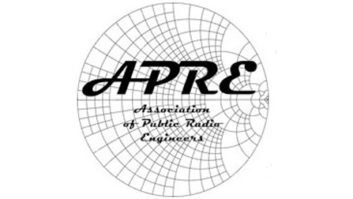The NAB has suggested that the FCC form a joint commission/broadcaster working group to identify and study potential problems and solutions before new public file requirements are placed on stations.
In its public comments, the trade organization discussed the FCC’s proposal that would require TV stations to place their public files online. Such a requirement is predicted for radio as well, though at the moment, MM Docket No. 00-168 concerns television only.
The NAB agreed with the commission that replacing some parts of the paper-based public file in a station’s main studio with a digital file accessible via the Internet has merit. “The commission’s new proposal, to host broadcaster information in a centrally-accessible and uniformly-designed database, is a potentially less burdensome and more user-friendly approach than the FCC’s earlier determination requiring every station to place their public files on their own disparately designed websites,” wrote the lobbying organization.
However, an online public file would actually become more burdensome and costly if it became an addition to, rather than a replacement for, the paper public file, argued the NAB.
The broadcast trade group doesn’t believe that all elements of the public file can or should be housed in a central database. The political file especially raises complex implementation and other issues for both stations and the commission, noted NAB. “For some TV stations, the political file can contain many thousands of pages covering multiple federal, state and local races and, especially during busy election seasons, require many updates per day,” wrote the NAB, which also believes the agency should not impose new substantive content requirements for the public file.
The NAB has also asked for a three-week extension of the reply comment deadline, noting that a “substantial” amount of material — some 21 comments totaling more than 330 pages — were filed on Dec. 22. A three-week extension would move the reply comment deadline from Jan. 6 to Jan. 27.












